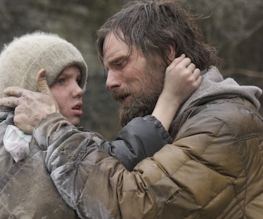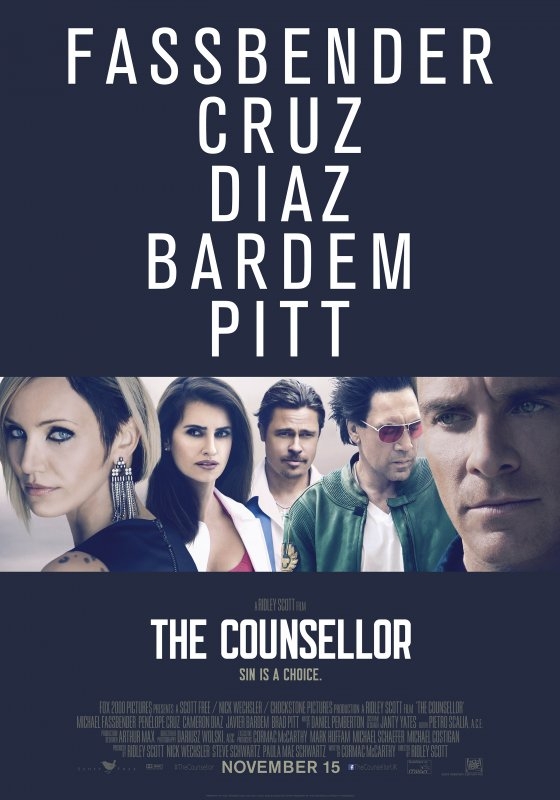The Road

After the mammoth critical and commercial success of No Country For Old Men, it was perhaps inevitable Hollywood would turn to Cormac McCarthy’s next book and hope the success can be repeated. But brothers Joen and Ethan Coen, who produced and directed No Country, are very special filmmakers indeed. Could The Proposition director John Hillcoat turn McCarthy’s Pulitzer Prize-winning The Road into another multi-Oscar winner?
No Country For Old Men. Or Young Men. Or Middle-aged Men, for that matter.
[FLOWPLAYER=http://uk.clip-1.filmtrailer.com/1581_8648_a_3.flv,275,180]
The Road‘s plot is simple to the point of barren – hardly surprising considering the themes and setting. After an unspecified apocalyptic event, all plant and animal life on the planet has been destroyed. A father and son (Viggo Mortensen and Kodi Smit-McPhee) make their way south, constantly and doggedly following the eponymous road. The few survivors remaining on the grey, ash-covered planet must make a choice between scrabbling for scraps in the embers or hunting and eating their fellow survivors. With no plan other than moving south, the unnamed Boy and Man try to survive in a world without hope, often questioning the reasons for continuing. “We’re carrying the fire,” assured Mortensen in one particularly poignant scene. “The fire inside.”
Visually assured and containing some fine performances, The Road strives for heights that it doesn’t quite reach. Expectations must have been high after No Country For Old Men, and in many ways, you can feel the weight of these expectations bearing down on – and perhaps crushing – much of what’s good about The Road. Viggo Mortensen’s much-lauded performance as The Man comes across, if anything, as rather patchy. His relationship with The Boy is never less than believable, but the emotional scenes – with The Man washing his son and waxing lyrical on how important he is – are less convincing than the fractious elements of the relationship, such as when The Man brushes off a dessicated corpse as nothing his son “hasn’t seen before”.
Sanitising the Apocalypse
However, this unevenness may not be due to Mortensen’s performance as the editing is, at points, rather slack. The pace of the film is surely directed by the book – deliberately, almost painfully slow – and where some scenes evoke beautifully a sense of bleak, almost hopeless poetry, others are too slow to engage an audience and create any tension. In the various encounters of the bedraggled duo encountering roaming gangs of cannibals, much of the meanace is lost by plodding cuts and shot choices. Perhaps sensibly avoiding any apocalyptic clichés, Hillcoat chooses to hint at the horror of a dead world rather than encountering it directly, and while in many cases this works (such as the glimpses of discarded human entrails), the game of cinematic peek-a-boo soon sanitises an environment otherwise populated by horror, and much of the impact is lost.
Hillcoat’s use of colour, however, is stunning, with bleak beige and grey world contrasted with memories of The Man’s wife (a scene stealing and beautiful performance from Charlize Theron) sitting in resplendent green gardens or next to a sapphire sea. Nick Cave’s mournful and understated soundtrack also adds greatly to the atmosphere, but in the end, the whole ends up slightly ponderous and not quite as clever as it thinks it is. Good but not great, and strangely distancing, The Road still manages an eventual emotional punch while providing a measured, mournful analysis of fathers and sons, and life at the end of the world.





Recent Comments